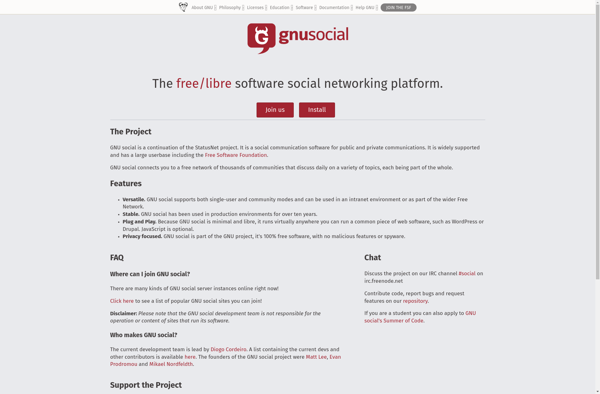Hawaar
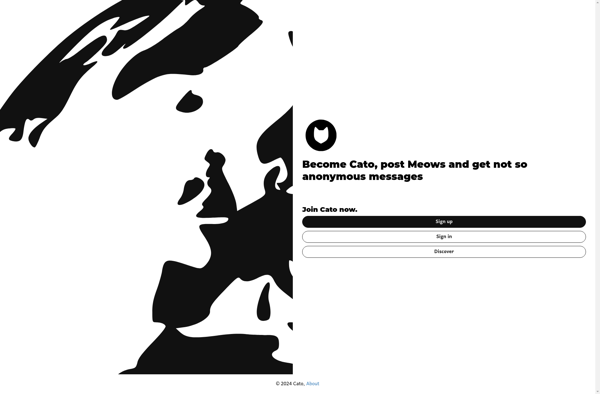
Hawaar: Open-Source Kanban Project Management Alternative
Self-hosted Trello alternative for managing tasks and projects with customizable boards, lists, and cards
What is Hawaar?
Hawaar is an open-source, self-hosted kanban project management application inspired by Trello. It allows individuals and teams to organize projects into boards with lists and cards representing tasks or items of work.
Some key features of Hawaar include:
- Creating unlimited boards, lists, and cards
- Drag-and-drop support for moving cards between lists
- Labeling and filtering cards
- Assigning cards to members
- Setting due dates for cards
- Commenting on cards
- Attachments for files
- Customizable fields
- REST API
- Markdown support
- Themes & custom CSS
As an open-source alternative, Hawaar gives users full control and customization over their kanban project management system. It can be self-hosted on your own server or devices rather than relying on a proprietary cloud platform. This allows for greater data privacy and ownership.
Overall, Hawaar provides a flexible and free alternative for teams that want to manage projects with an open-source Trello-style board.
Hawaar Features
Features
- Kanban boards
- Lists
- Cards
- Attachments
- Comments
- Due dates
- Notifications
- Search
- Keyboard shortcuts
- REST API
- Webhooks
Pricing
- Open Source
- Self-Hosted
Pros
Cons
Official Links
Reviews & Ratings
Login to ReviewThe Best Hawaar Alternatives
Top Office & Productivity and Project Management and other similar apps like Hawaar
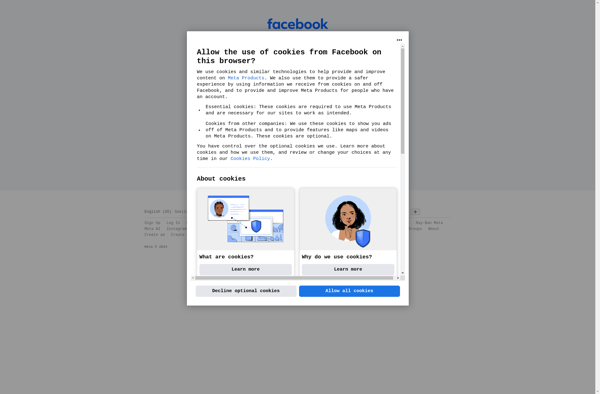
VK
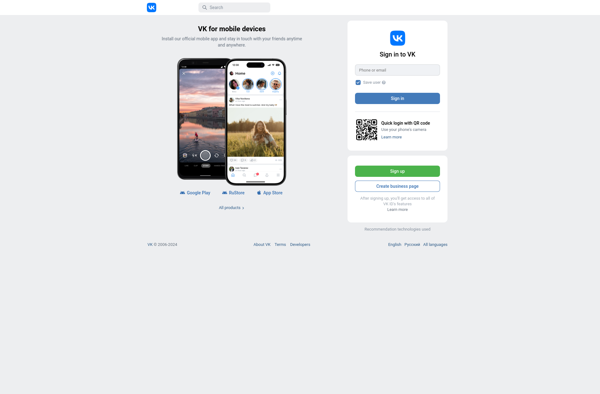
Tumblr
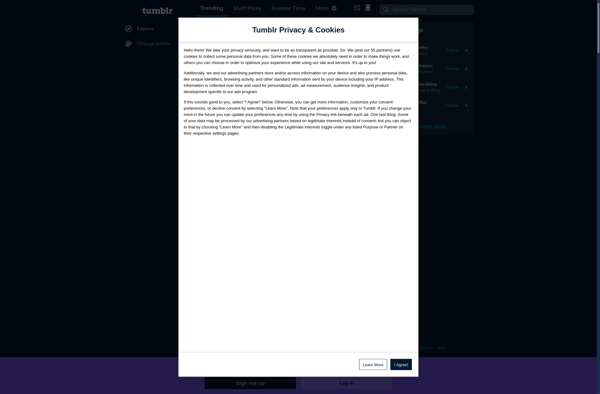
Gab
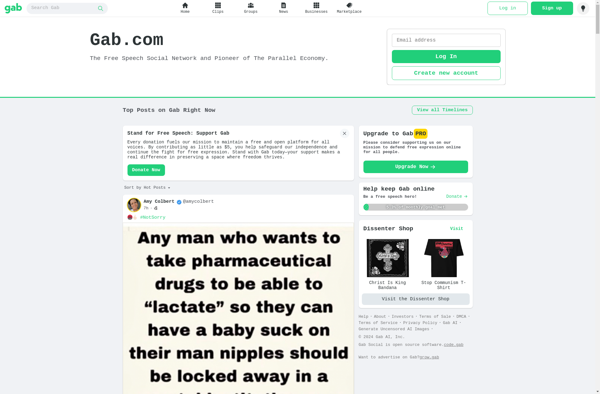
Mastodon

Minds
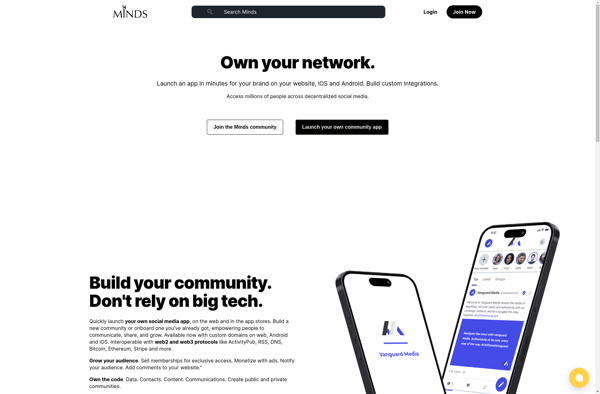
Diaspora

Friendica
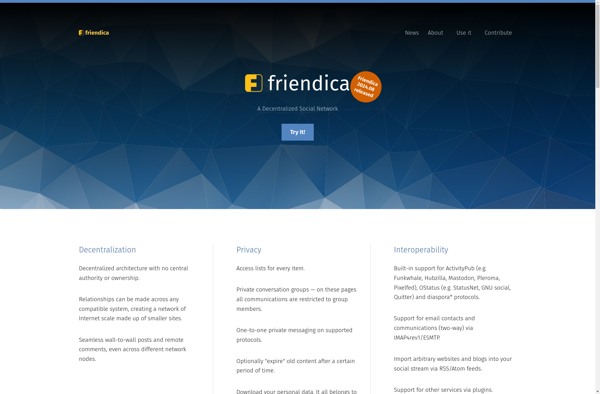
Bluesky
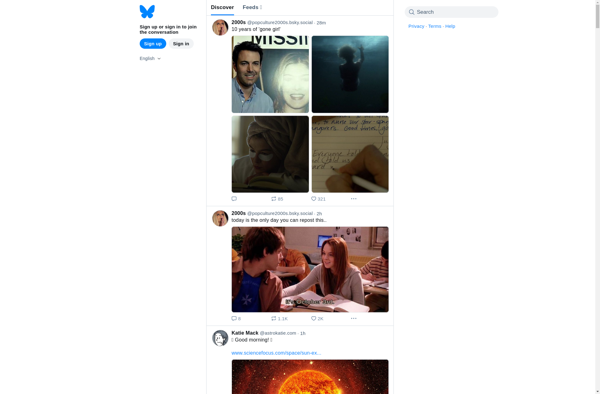
Pleroma

GNU social
